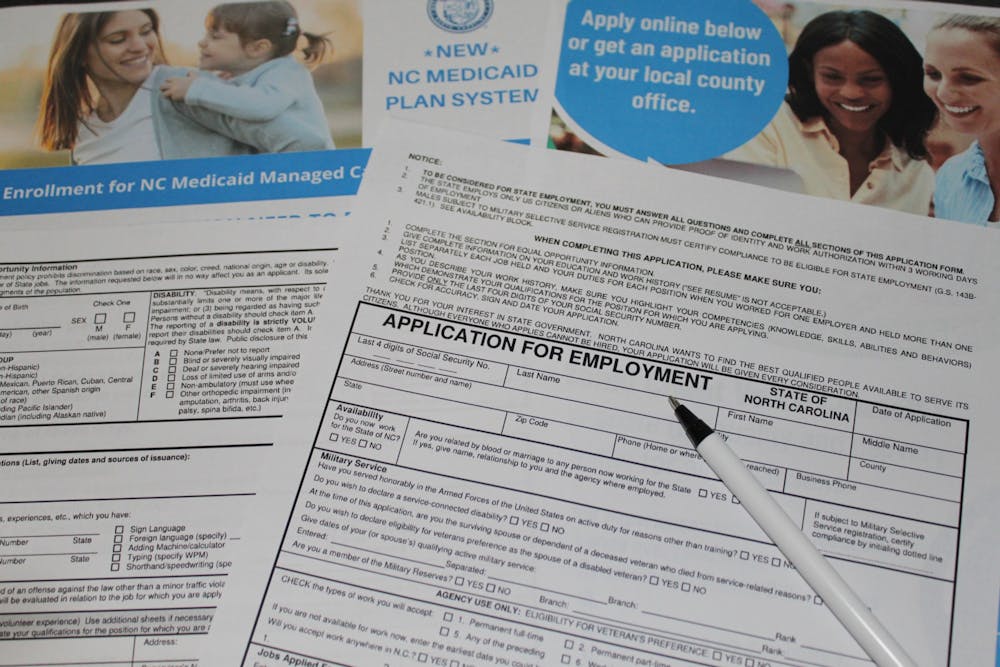“When it comes to some of the things that involve selling yourself or presenting yourself and the way that gets you that job, many individuals with autism may not understand some of the social cues or needs that are part of that process,” he said.
Matthew Wade, editorial assistant at Technical Editorial Services who is on the autism spectrum, said interviews are a difficult part of the job-hunting process.
"I've had difficulty mustering the enthusiasm that employers would expect and developing the general rapport," he said.
Wade said he would like to see interviews be more skills-based or knowledge-based, rather than judging an applicant by their ability to communicate.
"I would like to see interviews that are more skills-based or knowledge-based, as opposed to how you perform while communicating during the interview," he said.
For certain jobs, like sales or teaching, Wade said he recognizes that communication skills are important, but said skills-based interviews are more beneficial for people on the autism spectrum.
Jennifer Mahan, the director of public policy for the Autism Society of North Carolina, said that there is a misguided perception on the part of many employers that people with disabilities are somehow less capable of doing their jobs effectively than those without disabilities.
“People with disabilities make great employees, but I think there’s still a big perception out there that people (with disabilities) either don’t need to work because they’re getting enough support to not work, or that they’re not capable of working, neither of which is true,” she said.
Moving forward
Laxton said funding the program is essential to make its goals a reality. Currently, it is unclear where funding for the plan will come from.
“The devil is in the details, and the details come down to funding it so that you can have a transition that follows the timeline that they have proposed,” he said.
Wade said he hopes the program would provide individualized on-the-job training and accommodations for those with intellectual disabilities.
To get the day's news and headlines in your inbox each morning, sign up for our email newsletters.
"In my case I don't drive, so I rely on public transportation," he said. "I would hope that any program like this would take that into consideration."
Glenna Osborne, the director of the transition to adulthood services for the TEACCH Autism Program, said state and local governments are working to provide better opportunities for those with disabilities.
But she noted that individuals with ASD are not adequately represented in leadership positions.
“It is crucial that we make sure individuals with ASD and other developmental disabilities have a leading role in this work,” she said in an email.
Mahan said a plan to address employers’ perceptions of people with disabilities is a long-term goal.
She also said a foundation of programs in schools is essential, noting that there is a link between school funding and future employment.
“Those programs … have to be robust enough to ensure that those students, those classrooms, those teachers (and) all the other support personnel working with them have the resources they need so that those students transition out of those school settings into future employment,” she said.
@ianwalniuk
@DTHCityState | city@dailytarheel.com



